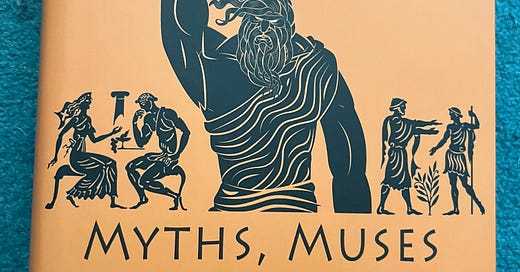There has been a resurgence of interest in Ancient Greece in recent years. With academics seeking to reach out to a public with less access to classical languages in previous decades, and novelists and celebrities retelling myths and legends- from Pat Barker to Stephen Fry. In such times a book like this should find an enthusiastic audience. The author is Emeritus Professor of Greek at Heidelberg, and although sketching in historical background where he believes it to be helpful he draws mainly in literature.
He uses his own translations throughout and by using modern idioms he helps to bridge the gap between our world and that of the original writers- Thersites , the only common soldier who has a voice in the Iliad is described as ‘ always shouting his mouth off’ which underlines the disdain felt by his ‘ betters’, for this uppity character.
Furley covers a great range of subjects and utilises a wide variety of sources. From status, love, clothing and navigation.
His section on Signs is particularly illuminating about what ancient Greeks believed about the divine and their ritual practice- Classics is still, I think, recovering from its Victorian assumptions that the Greeks were proto modern rationalists .
Here we discover a world of prophecies, and portents , and ambitious theophanies.
We can follow the thread of Furley’s arguments on all subjects through the words of poets like Homer and Sappho, the great tragedians, the comedy writers, and the philosophers.
He also has the essential gift of all good educators of making familiar territory strange, so that it can be seen with fresh eyes. For instance he suggests the Iliad could be read as a poem about love as much as war, bringing out the role of family, honour, passion and friendship in the epic.
This is an informative book, full of insights about the literature and lives of the Ancient Greeks.
Whether you have come to the subject via contemporary literary re-imaginings or have an academic background I suspect you will find it interesting and illuminating.
Ian Tattum . March 2025





